6 of
You are browsing the full text of the article: The Rival Pastors
Click here to go back to the list of articles for
Issue:
Volume: 1 of The New Coterie
| The New Coterie Volume 1 Issue: 6 Summer & Autumn, 1927 Page: 58 | ||||||||||||||||||||||||||||||
| The Rival Pastors By F. T. Powys | ||||||||||||||||||||||||||||||
|
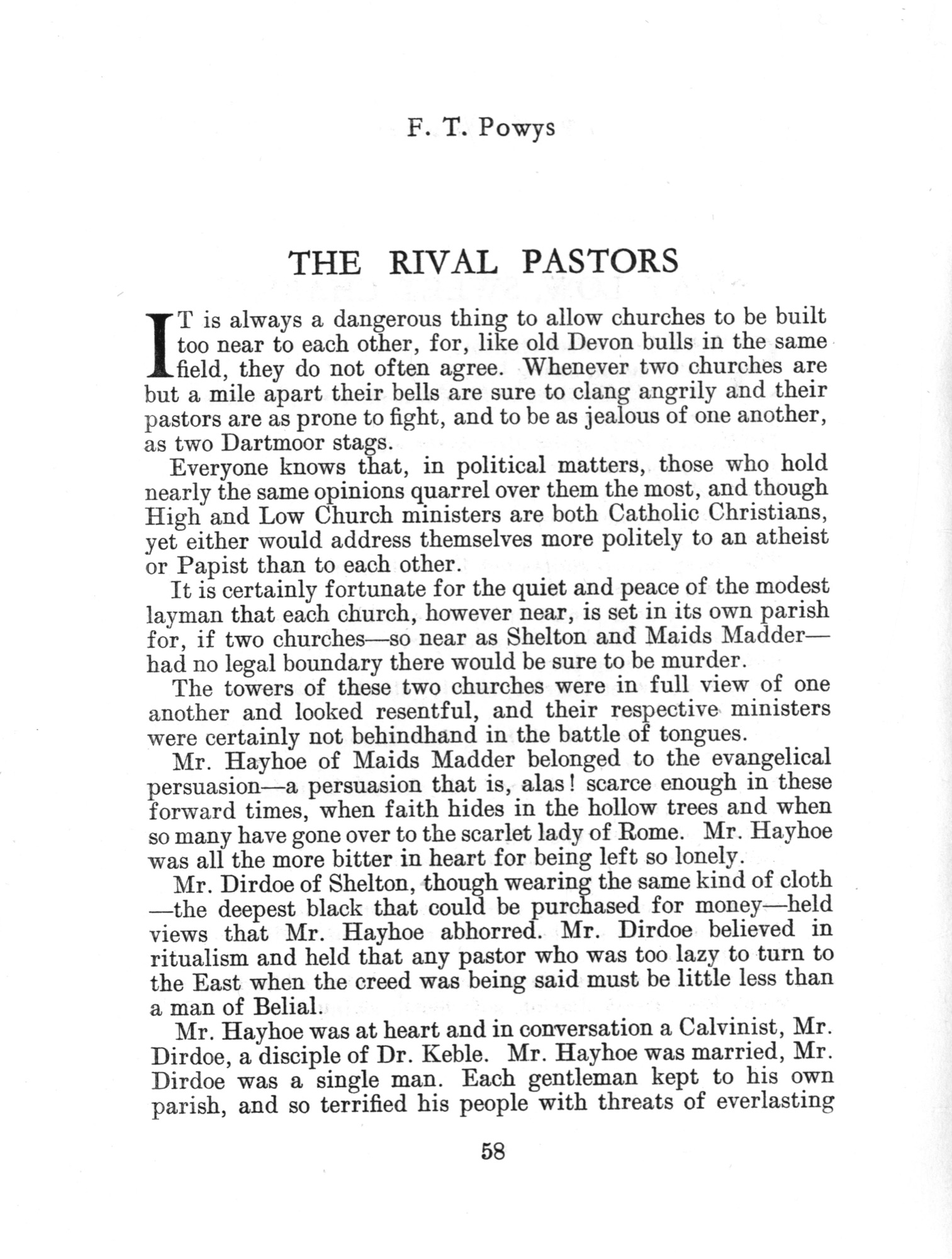
|
|
||||||||||||||||||||||||||||
| The New Coterie Volume 1 Issue: 6 Summer & Autumn, 1927 Page: 59 | ||||||||||||||||||||||||||
| The Rival Pastors By F. T. Powys | ||||||||||||||||||||||||||
|
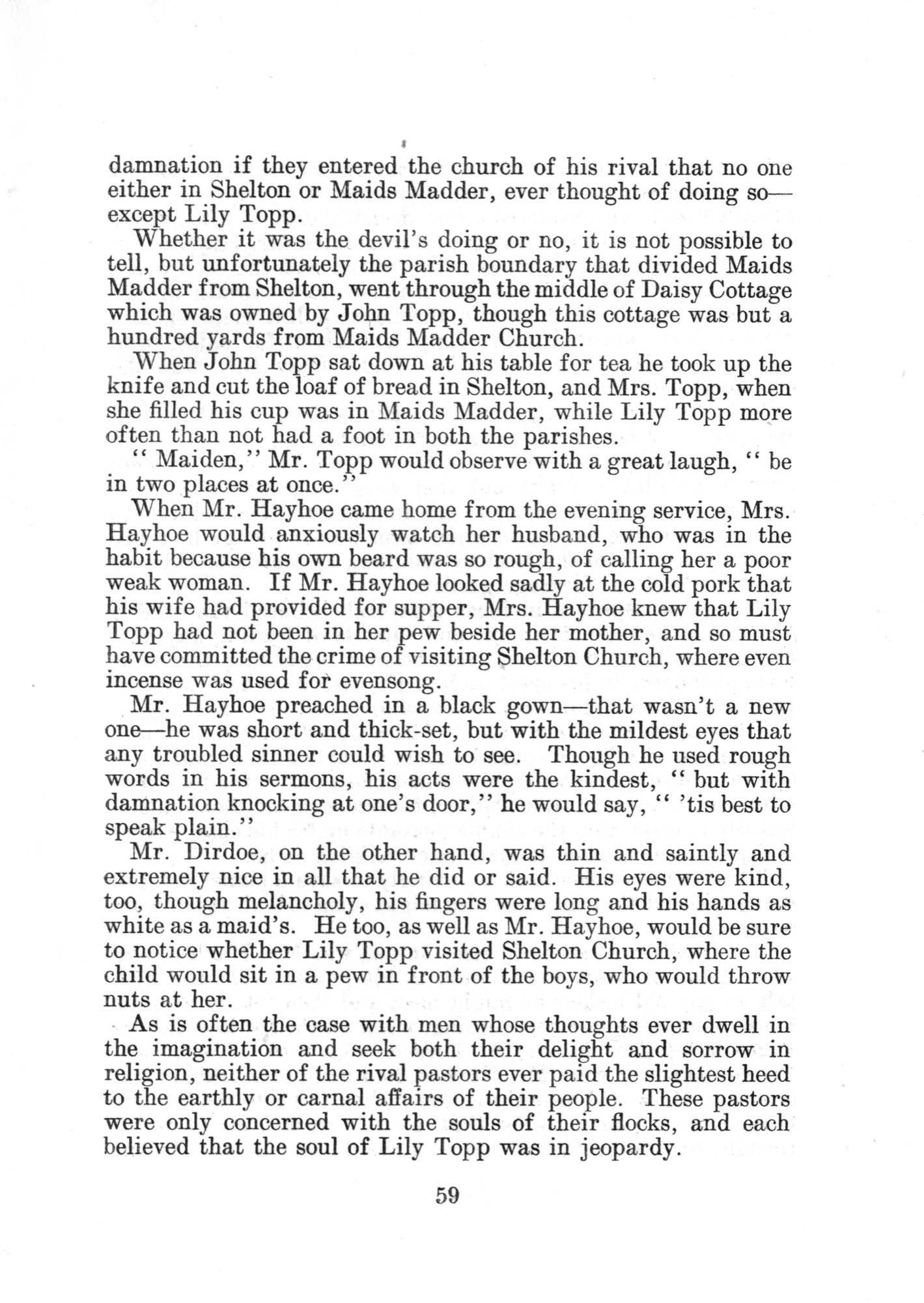
|
|
||||||||||||||||||||||||
| The New Coterie Volume 1 Issue: 6 Summer & Autumn, 1927 Page: 60 | ||||||||||||||||||||||||||
| The Rival Pastors By F. T. Powys | ||||||||||||||||||||||||||
|
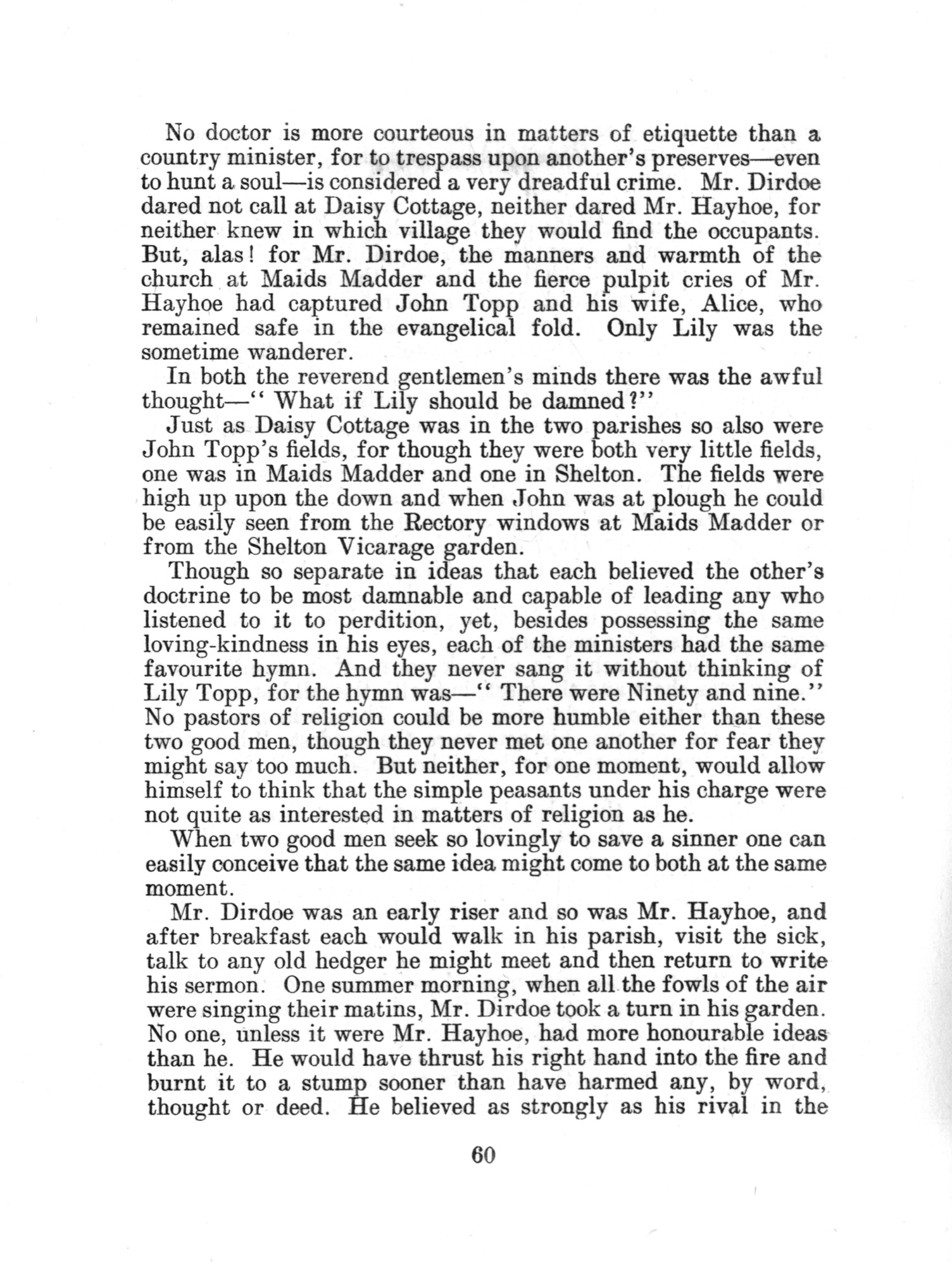
|
|
||||||||||||||||||||||||
| The New Coterie Volume 1 Issue: 6 Summer & Autumn, 1927 Page: 61 | ||||||||||||||||||||||||||
| The Rival Pastors By F. T. Powys | ||||||||||||||||||||||||||
|
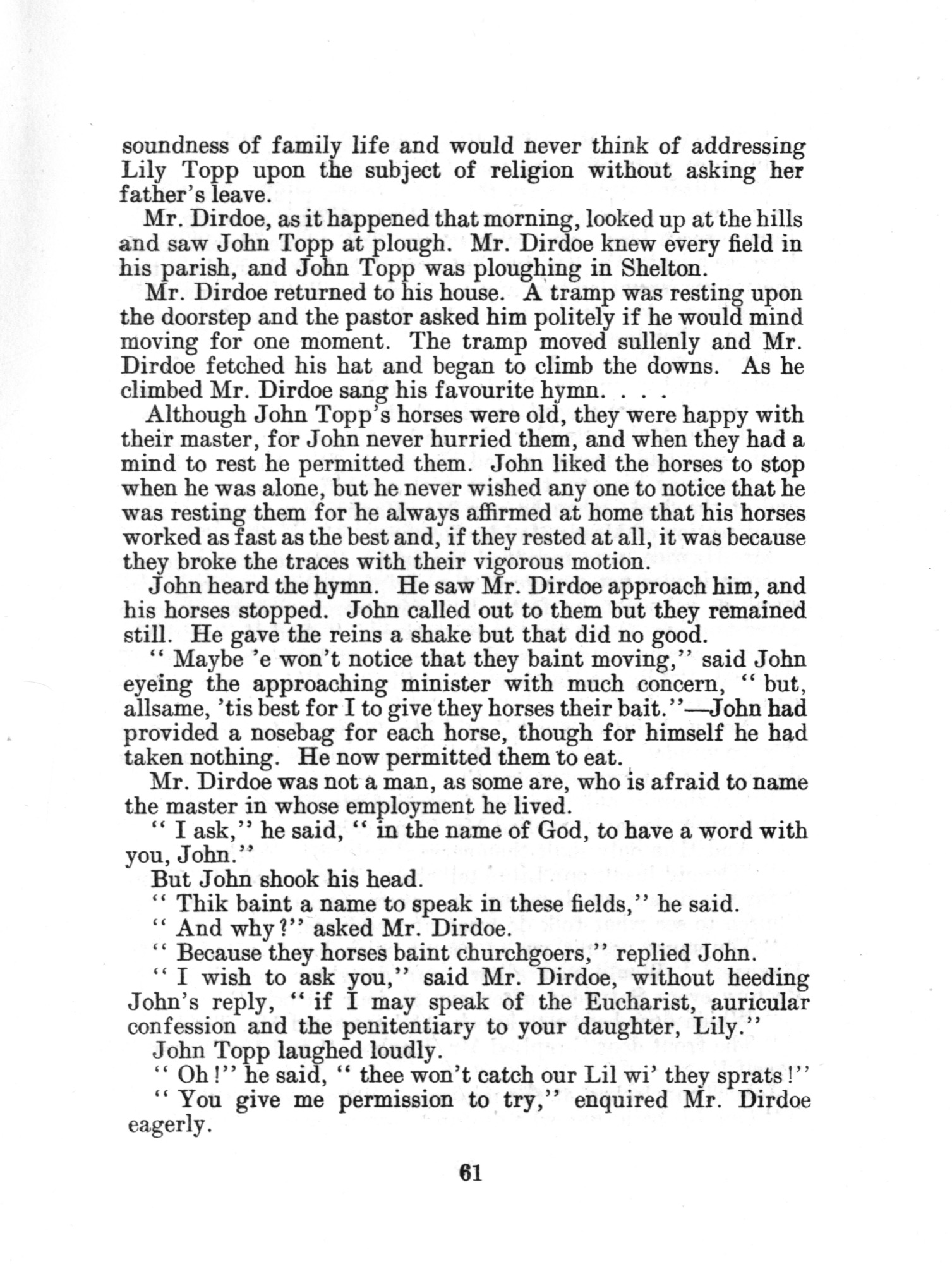
|
|
||||||||||||||||||||||||
| The New Coterie Volume 1 Issue: 6 Summer & Autumn, 1927 Page: 62 | ||||||||||||||||||||||||||
| The Rival Pastors By F. T. Powys | ||||||||||||||||||||||||||
|
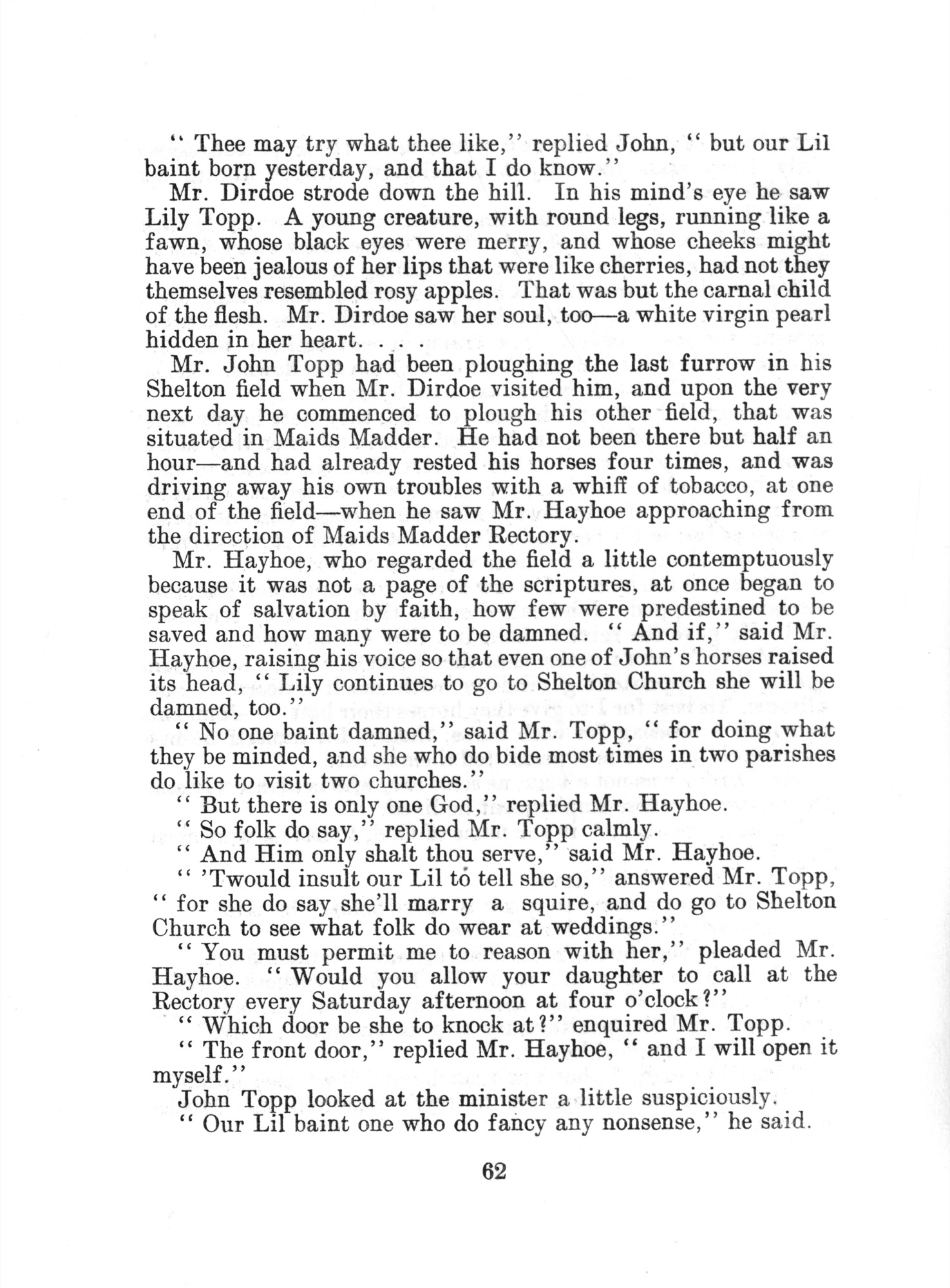
|
|
||||||||||||||||||||||||
| The New Coterie Volume 1 Issue: 6 Summer & Autumn, 1927 Page: 63 | ||||||||||||||||||||||||||
| The Rival Pastors By F. T. Powys | ||||||||||||||||||||||||||
|

|
|
||||||||||||||||||||||||
| The New Coterie Volume 1 Issue: 6 Summer & Autumn, 1927 Page: 64 | ||||||||||||||||||||||||||
| The Rival Pastors By F. T. Powys | ||||||||||||||||||||||||||
|
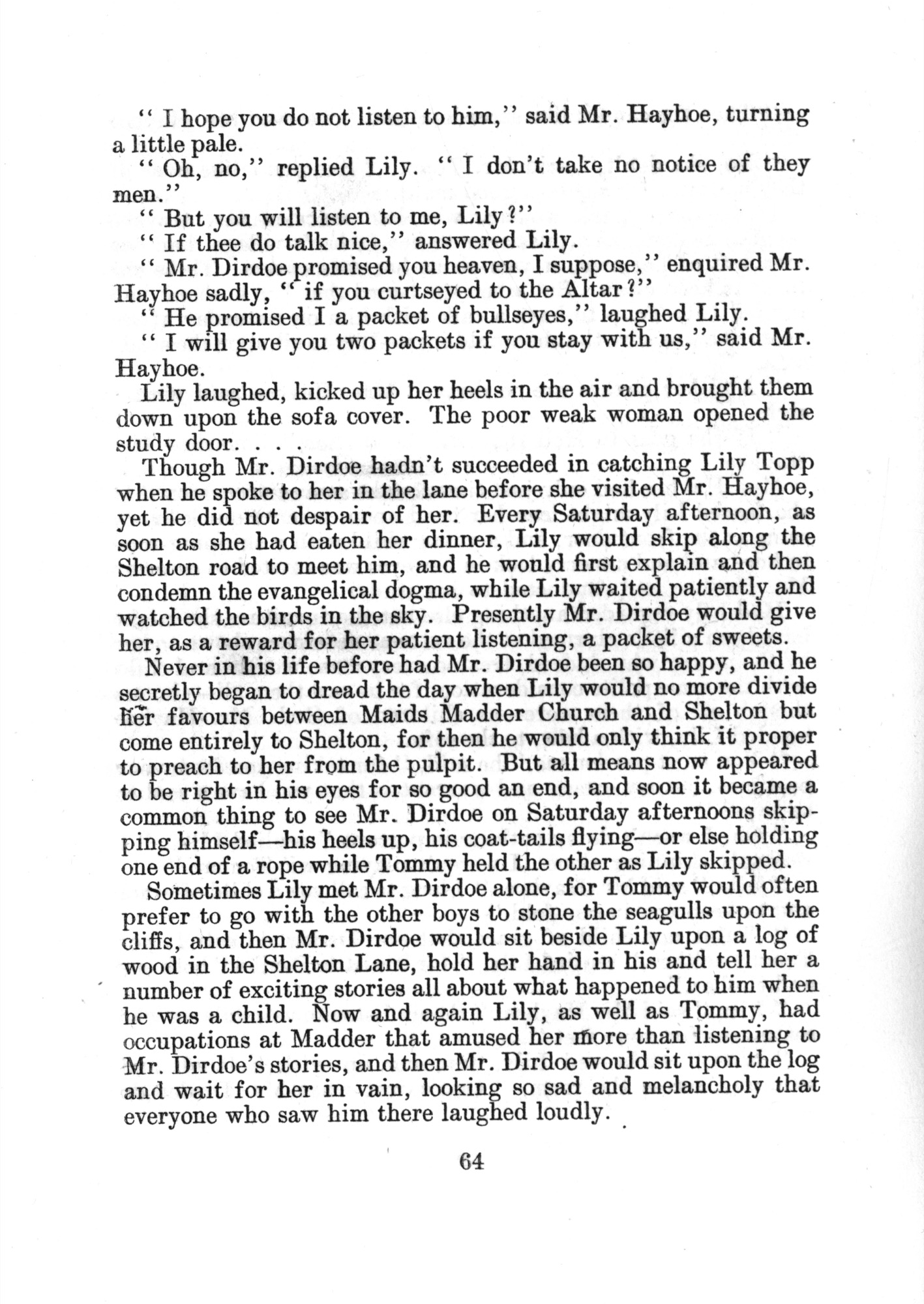
|
|
||||||||||||||||||||||||
| The New Coterie Volume 1 Issue: 6 Summer & Autumn, 1927 Page: 65 | ||||||||||||||||||||||||||
| The Rival Pastors By F. T. Powys | ||||||||||||||||||||||||||
|
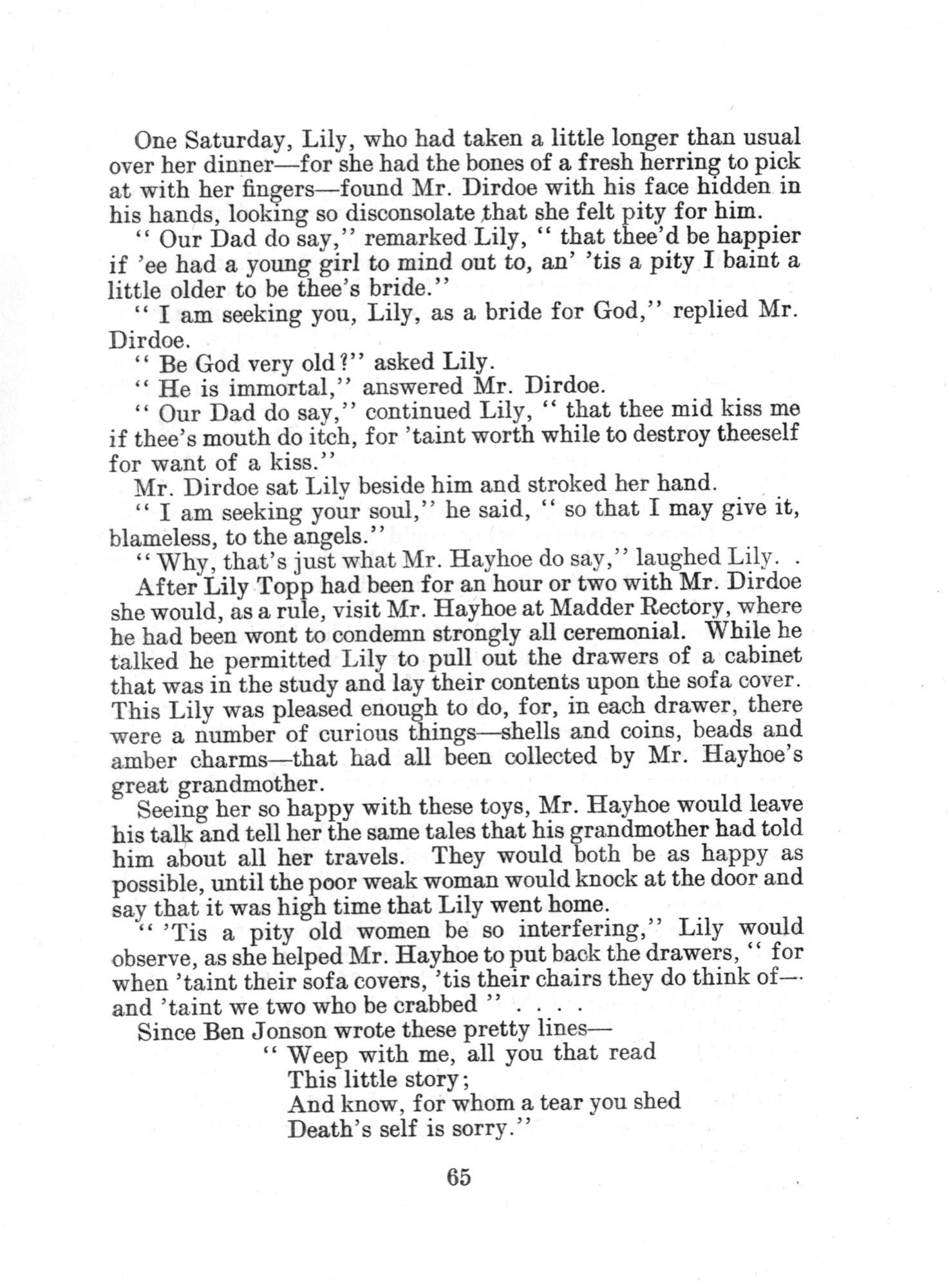
|
|
||||||||||||||||||||||||
| The New Coterie Volume 1 Issue: 6 Summer & Autumn, 1927 Page: 66 | ||||||||||||||||||||||||||
| The Rival Pastors By F. T. Powys | ||||||||||||||||||||||||||
|

|
|
||||||||||||||||||||||||
| The New Coterie Volume 1 Issue: 6 Summer & Autumn, 1927 Page: 67 | ||||||||||||||||||||||||||
| The Rival Pastors By F. T. Powys | ||||||||||||||||||||||||||
|
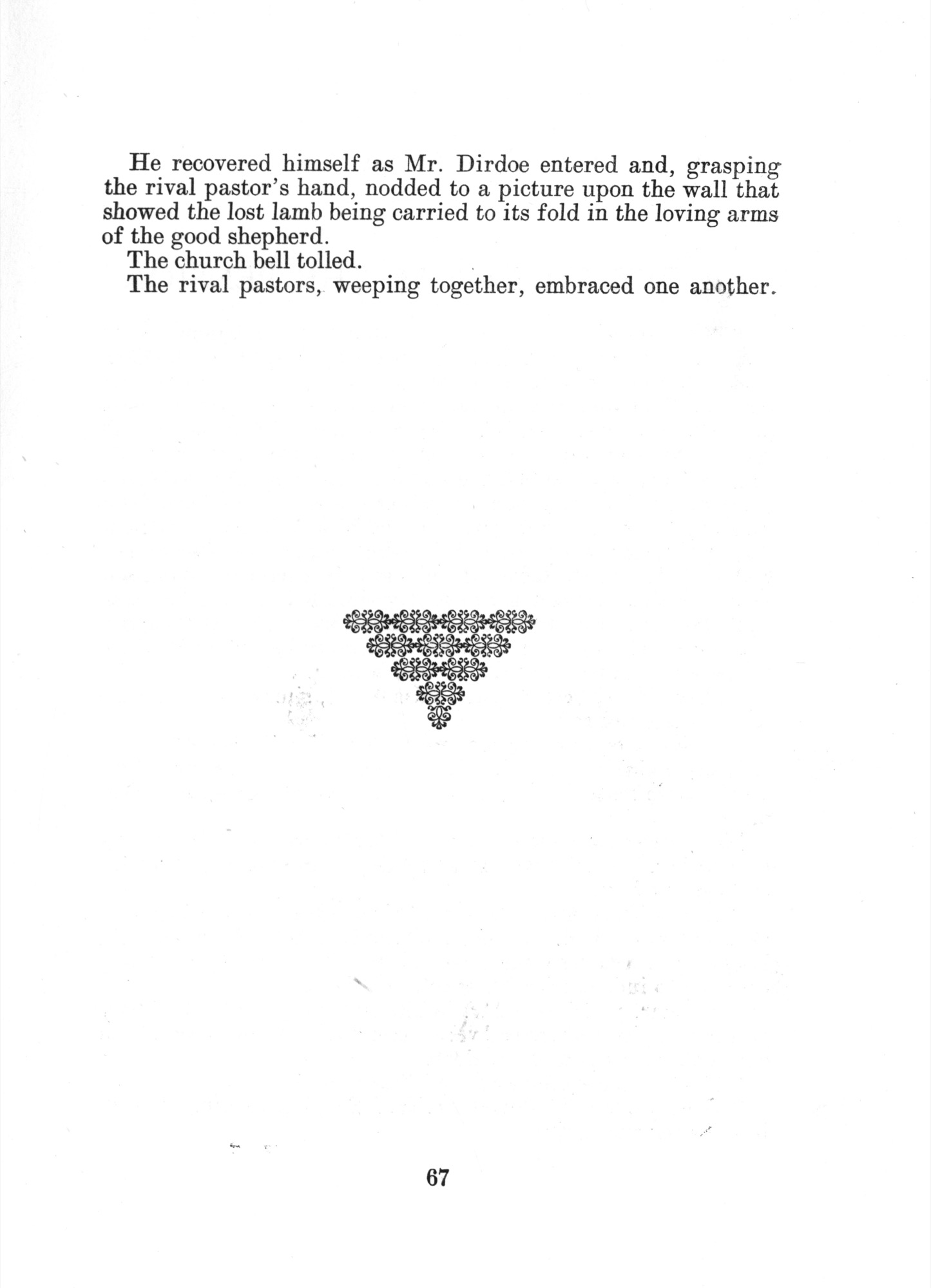
|
|
||||||||||||||||||||||||
| The New Coterie Volume 1 Issue: 1 November, 1925 Page: 91 | ||||||||||||||||||||||||||
| The Rival Pastors By F. T. Powys | ||||||||||||||||||||||||||
|

|
|
||||||||||||||||||||||||
| The New Coterie Volume 1 Issue: 1 November, 1925 Page: 93 | ||||||||||||||||||||||||||||||
| The Rival Pastors By F. T. Powys | ||||||||||||||||||||||||||||||
|
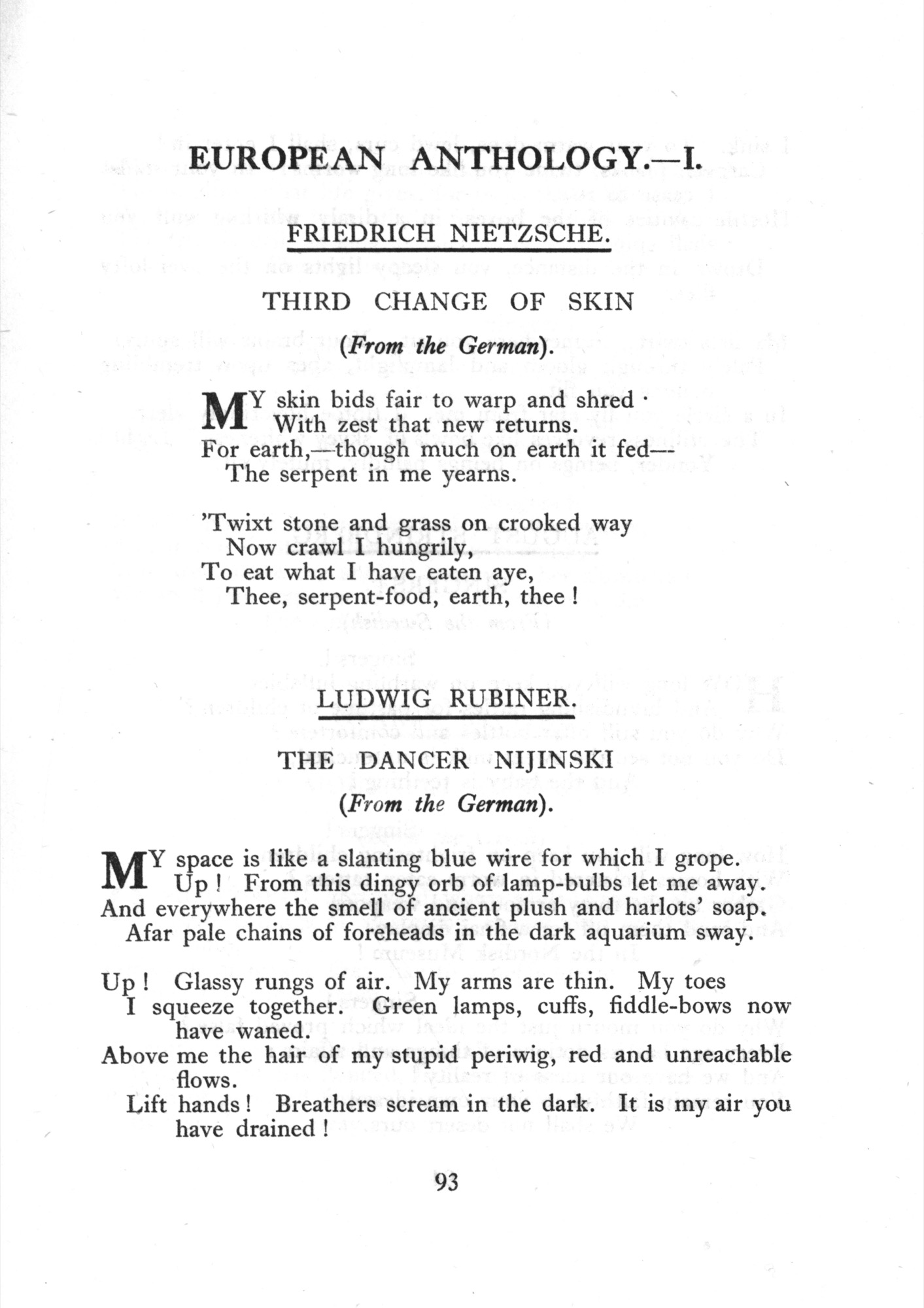
|
|
||||||||||||||||||||||||||||
| The New Coterie Volume 1 Issue: 1 November, 1925 Page: 94 | ||||||||||||||||||||||||||
| The Rival Pastors By F. T. Powys | ||||||||||||||||||||||||||
|
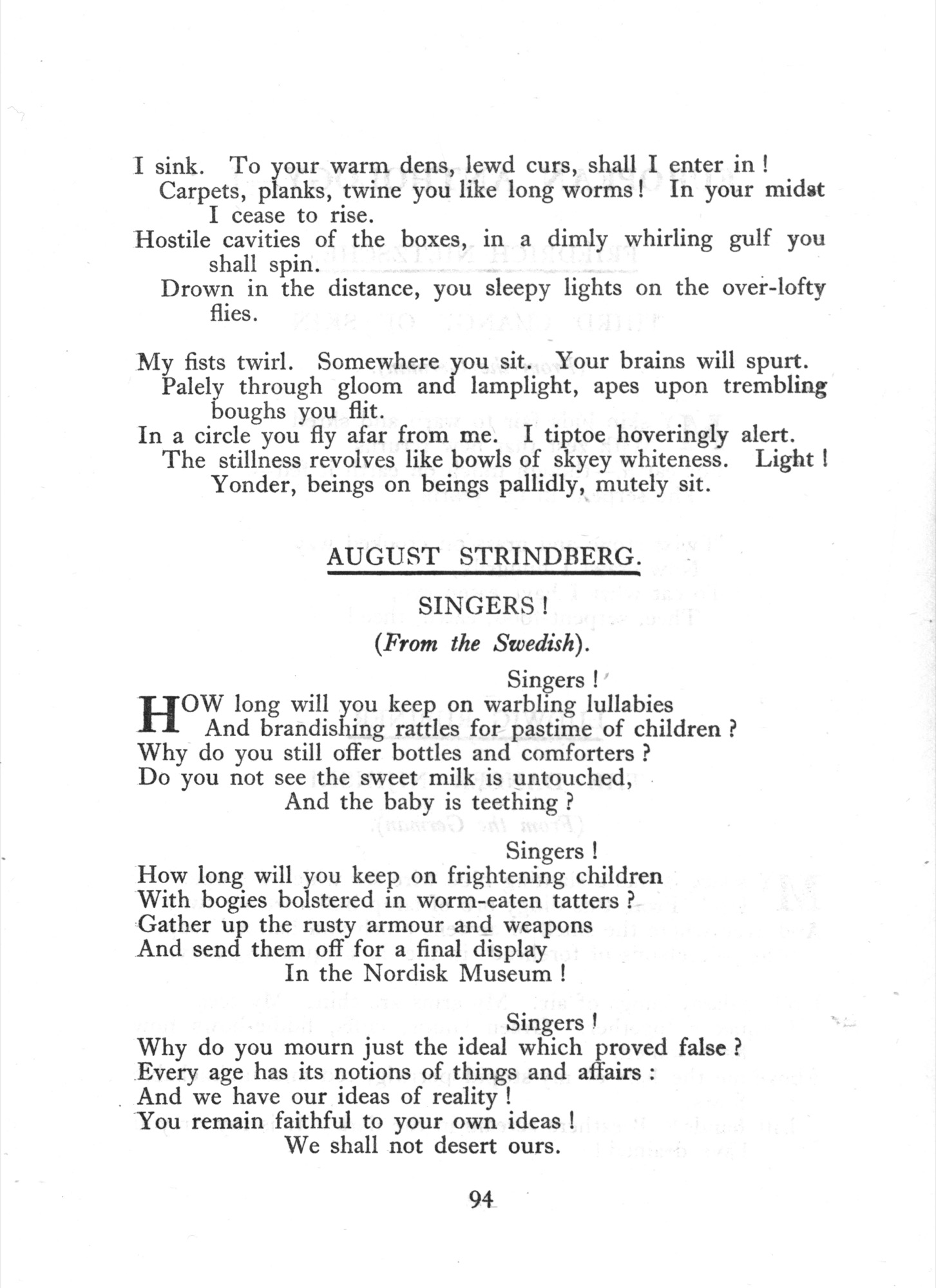
|
|
||||||||||||||||||||||||
| The New Coterie Volume 1 Issue: 1 November, 1925 Page: 95 | ||||||||||||||||||||||||||
| The Rival Pastors By F. T. Powys | ||||||||||||||||||||||||||
|
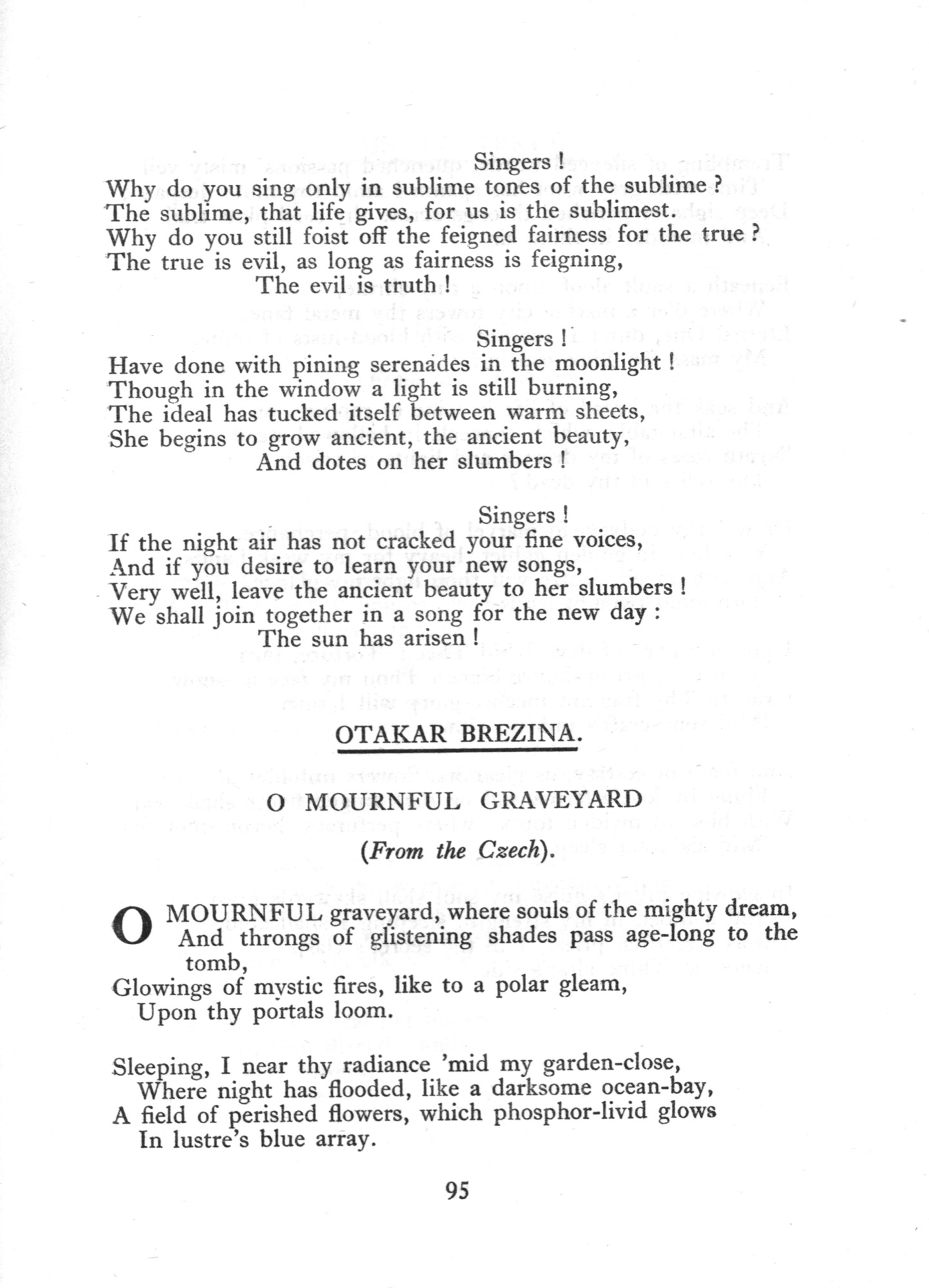
|
|
||||||||||||||||||||||||
| The New Coterie Volume 1 Issue: 1 November, 1925 Page: 96 | ||||||||||||||||||||||||||
| The Rival Pastors By F. T. Powys | ||||||||||||||||||||||||||
|
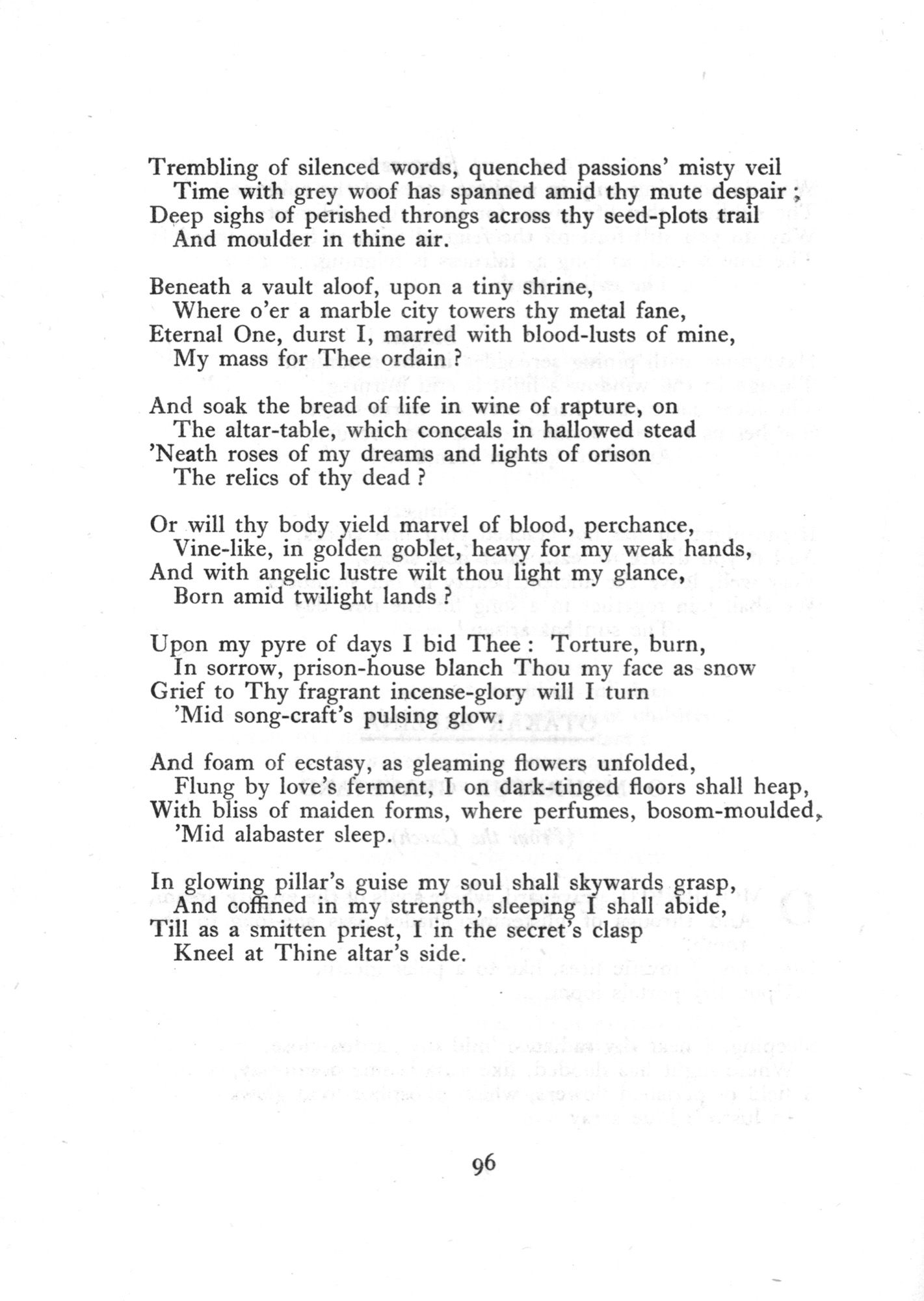
|
|
||||||||||||||||||||||||
| The New Coterie Volume 1 Issue: 1 November, 1925 Page: 97 | ||||||||||||||||||||||||||
| The Rival Pastors By F. T. Powys | ||||||||||||||||||||||||||
|
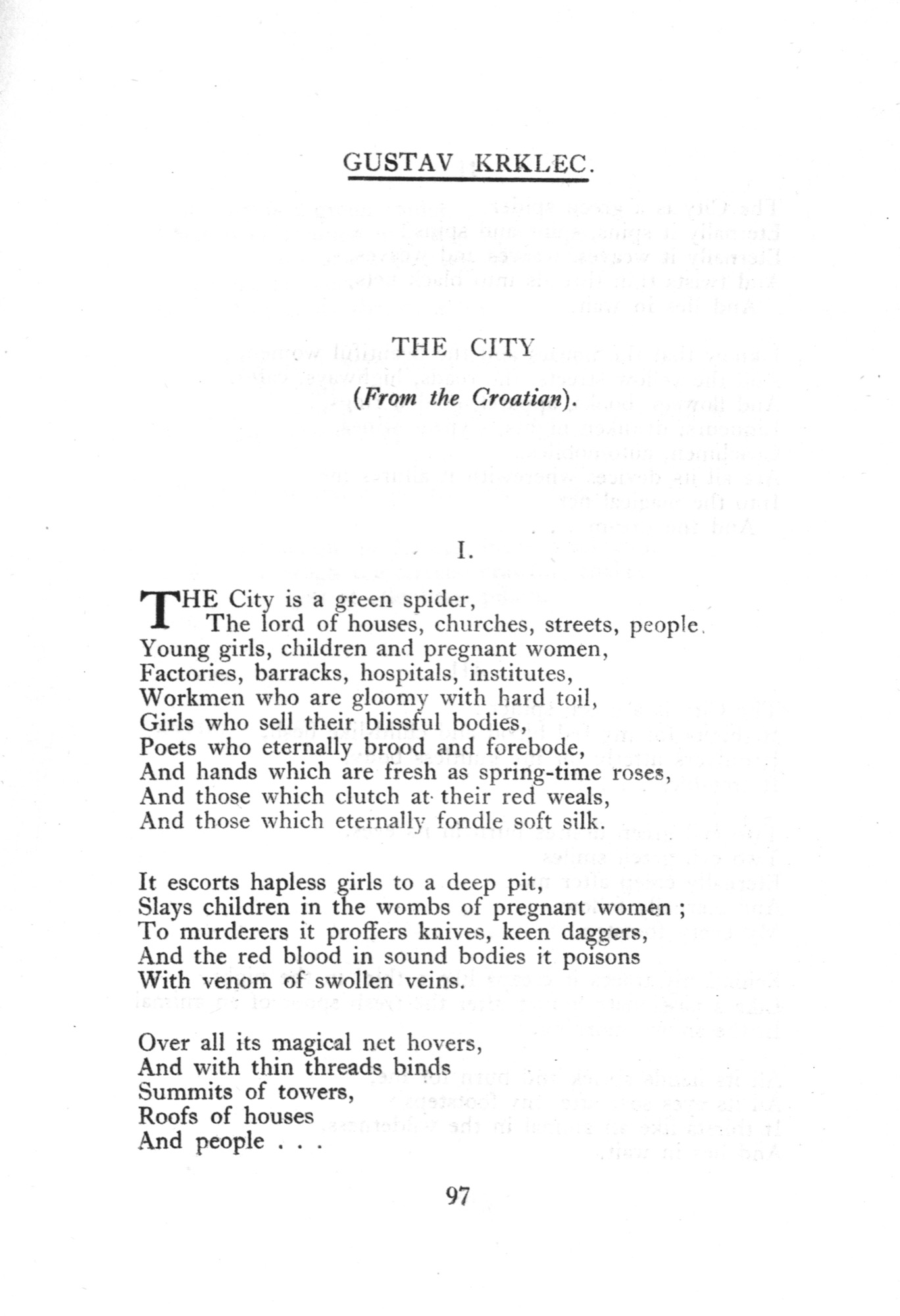
|
|
||||||||||||||||||||||||
| The New Coterie Volume 1 Issue: 1 November, 1925 Page: 98 | ||||||||||||||||||||||||||
| The Rival Pastors By F. T. Powys | ||||||||||||||||||||||||||
|
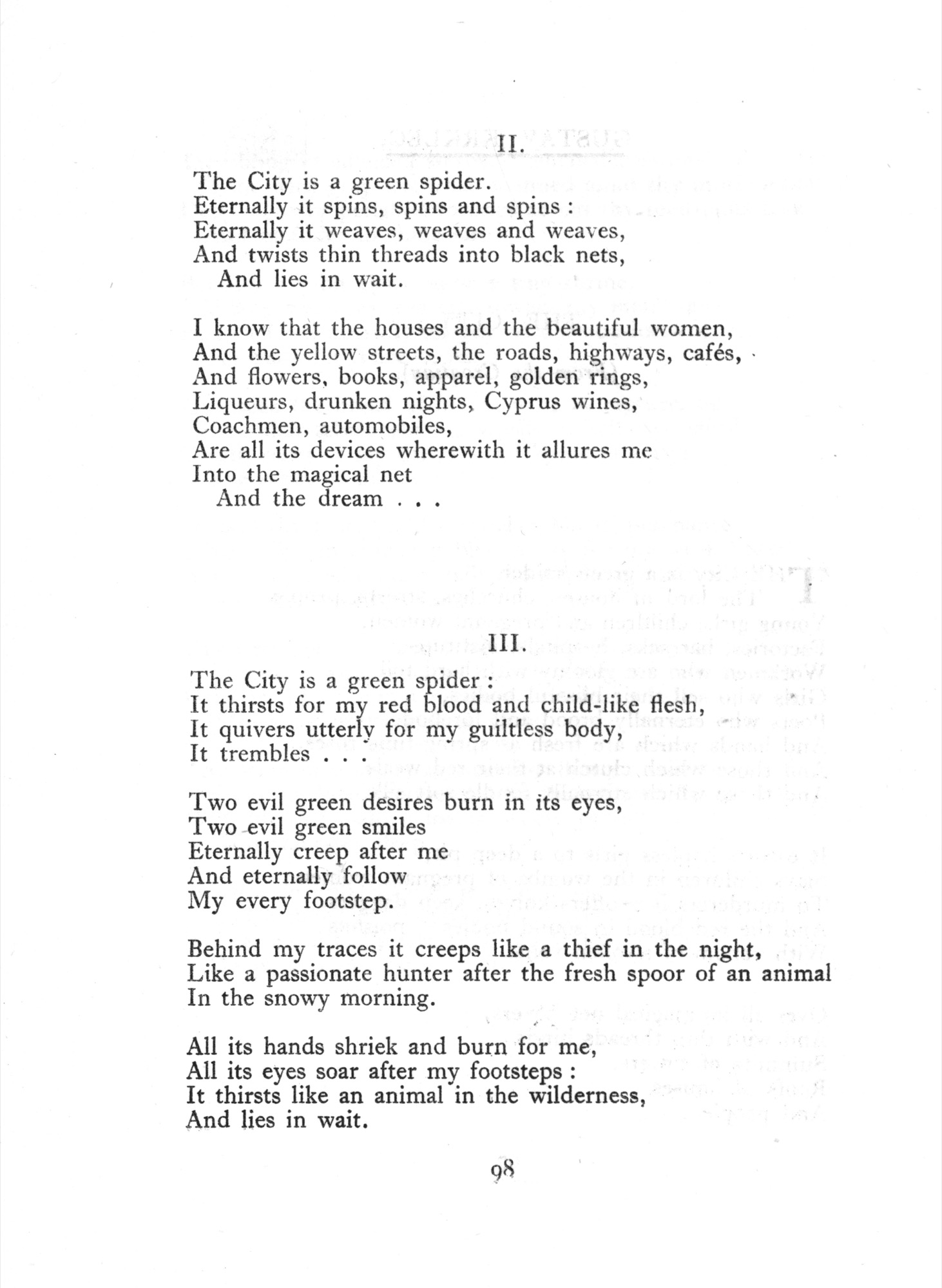
|
|
||||||||||||||||||||||||
| The New Coterie Volume 1 Issue: 1 November, 1925 Page: 99 | ||||||||||||||||||||||||||
| The Rival Pastors By F. T. Powys | ||||||||||||||||||||||||||
|
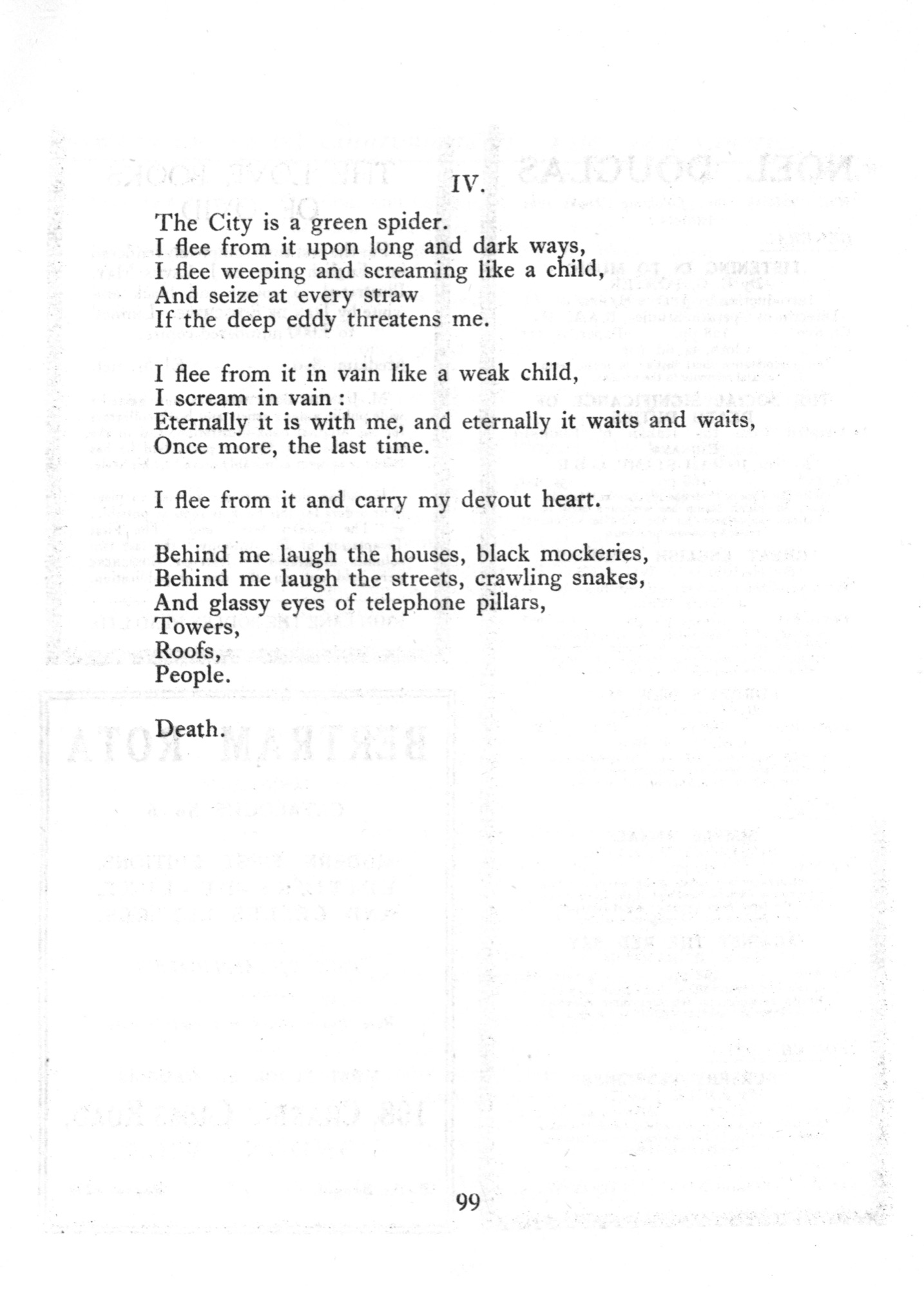
|
|
||||||||||||||||||||||||

















